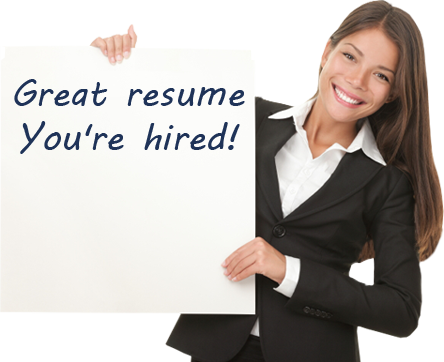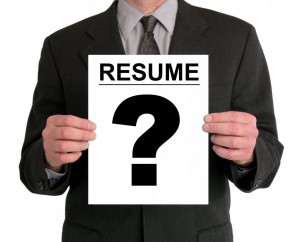Why it is so important to have a good Resume
 If you have ever been looking for a job the first question comes to mind “How can I stand apart my experience from crowd?” Your ability to transfer learning to actual demonstrates your skills and knowledge. Remember first impression counts, and the first impression that a potential employer will have of you, is going to depend on how you present your resume.
If you have ever been looking for a job the first question comes to mind “How can I stand apart my experience from crowd?” Your ability to transfer learning to actual demonstrates your skills and knowledge. Remember first impression counts, and the first impression that a potential employer will have of you, is going to depend on how you present your resume.
A solid resume – an important tool to help you compete with other applicants in the job market. A resume generally is written in fragmented language therefore, not an ideal illustration of writing skills.
No matter your experience level or what kind of job you’re looking for, these are the most important “insider tips” you will need to know and do:
Purpose
Your resume contains a summary of what you do for a living. Whether you’re an executive assistant or the executive manager of a large corporation, you must be able to explain what you do. A well-written resume is proof that you understand how your tasks and responsibilities fit into the overall goals of the organization for which you work.
Approach
The “one-size fits all” approach won’t result in a marketplace of highly specialized needs. So plan on having several versions of your resume for the different jobs you are applying for. Make sure that you – and at least one other person you trust – carefully review your resume and adjust it to contain the “key words” that recruiters will be searching for.
Accuracy
One inaccuracy or misspelling could cost you your jobs or result in a reduced bargaining power when it comes to salary negotiations. Check your resumes for errors of fact, typos, formatting woes or omissions.
In MS Word a simple spell check ( press F7) will do the trick.
Confidence
Your resume often is a reflection of your self-confidence. People who struggle with writing their own resumes must rely on friends and professional resume writers to pull together a document that makes them look good on paper.
Presentation
Presentation goes a long way in impressing the reader. Avoid all complicated fonts or design elements and if your resume can’t be read easily, it won’t be read at all. Size matters and no one has the time to spend a long time reviewing a resume. Keep the resume to one or two pages depending on your experience.
Put the most critical information first and spend more time and space talking about the skills, experiences, and results that are directly related to the job you are applying for.
Quantify whenever possible. it’s no longer enough to state that you increased sales or productivity, you need to back it up with quantifiable data whenever possible.
Over the course of your career, you will come to better understand your professional traits and your personal traits and how they mesh with the workplace.
A reverse-chronological resume is the most common type of resume format used. This is the traditional method of formatting a resume, and places more emphasis on your job titles and your employment history over your skills. Chronological / Reverse-chronological resumes generally work best for job seekers with a stable career progression in one or two fields.
We hope this should help you in your quest to have a great resume.
This series is brought to you by the expert team of Resume Builder.
Resume Builder specialises in writing senior executive and leadership resumes and serves 65+ countries.
You can call us / WhatsApp on +91-9970318611 or Email on : resumebuilder@isourcecorp.com
Resume Builder on LinkedIn





